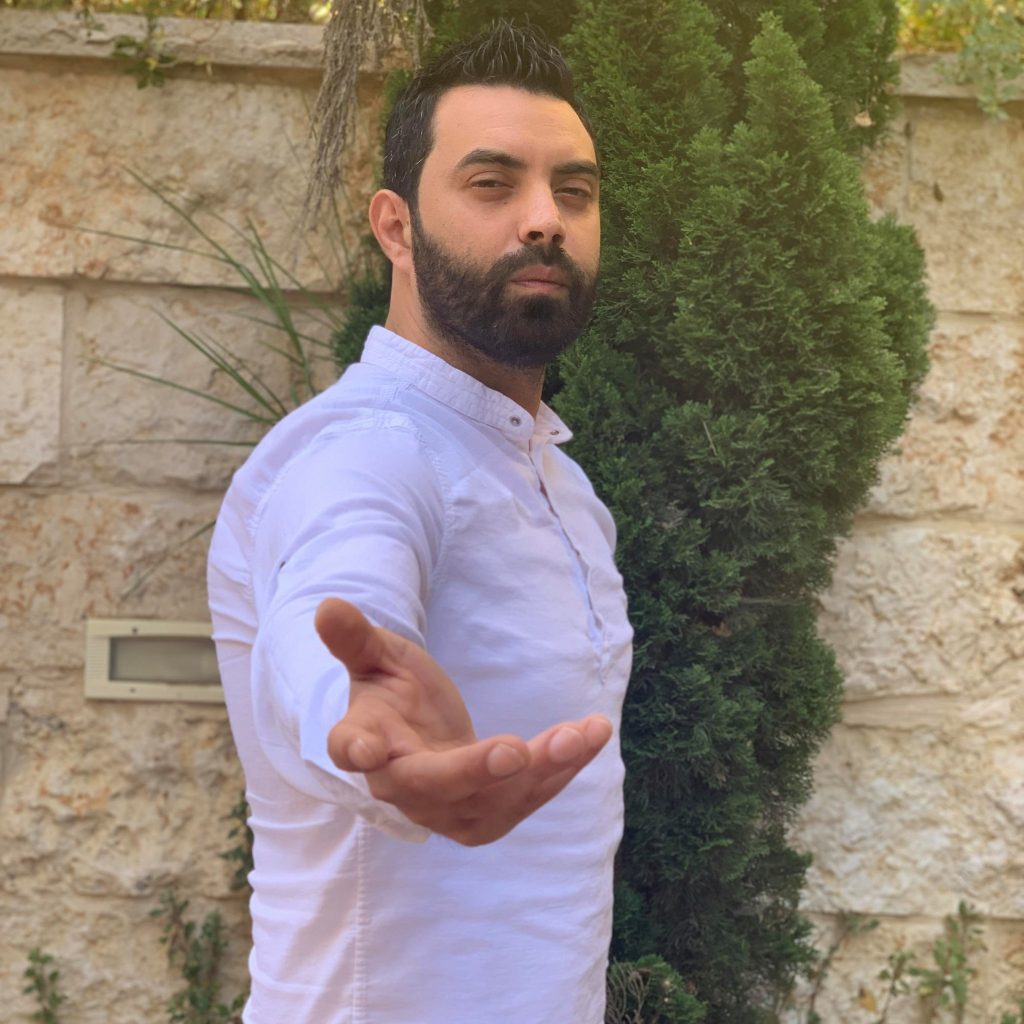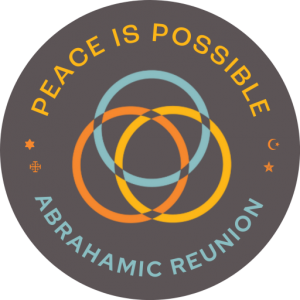By Mohamad Jamous
March 2, 2022
In the dark hours of the evening, at ten at night, I left my family home in Jericho, heading back to my home in Ramallah. I was very tired that day. I had spent the whole day helping my father, who underwent surgery two months ago and had a metal and platinum joint installed after his illness.
The road to Ramallah was a bit dark, quiet as if empty of people. During my drive, I was thinking about the fate of the world around me, about our future in Palestine, about wars and conflicts here and there, and about the violence prevailing in various countries of the world.
I thought a lot and dreamed more. Perhaps these dreams will come true one day … the dream of settling down and living in peace, to see our children happy with a dignified life that we wish for so much.

During the drive, I was faced with a terrible road crisis. The cause of the crisis was the Israeli Hizma Checkpoint, or ” Pisgat Ze’ev Checkpoint” located between Jericho and Ramallah on the border with Jerusalem and the Israeli town of Pisgat Ze’ev. The traffic was horrendous, backed up all along the road. I got stuck for about 40 minutes, waiting for the checkpoint to open to complete my journey.
Forty minutes, and in every minute something different came to mind. I spent forty minutes, in-depth and dreaming, forty minutes of reflection on how to make this world better! Forty minutes of thinking about how to end the tragedy of violence and conflict that we live in day by day.
The traffic cleared, the crisis was over, but the dreams stayed with me. As I continued on my way, I imagined my return home victorious at the moment of arrival. It had been a very stressful day!
Ten minutes before arriving in Ramallah, specifically, at the junction of the settlement of Adam, I noticed that there were three religious Jewish women asking for help, and one of them was gesturing to the cars for someone to stop! I could not stop in the location of the family, because of the narrowness of the road and the lack of any space for parking.
150 meters away I was able to stop and called the Israeli police directly. I introduced myself and explained to them the situation. These women were in grave danger and needed urgent help! I told the policeman that I would go back to help them and asked him to send a police car to the place right away.
I quickly returned to the family, and at this moment found that one of the women had suffocated from something and had fainted. She was lying on the ground! I immediately checked her pulse, and then undertook cardiopulmonary resuscitation. I washed her face with water and did all that was necessary. The two other women were afraid, and I don’t blame them–It was a quiet and dark moment for all of us!

Moments later, a police car arrived with an ambulance. I explained to them the situation and what exactly happened, and what I did for the women. They thanked me for my humanity and help, completed her treatments and took her to the hospital in Jerusalem.
Finally, I made my way home, now feeling very relaxed after a hard day. I got home and told my wife all that had happened. She was very happy about what I did.
In situations like what happened on that road, every person in the world should do their best to help others. When you see a person in need of urgent help, do not look at his color, his religion, or even his nationality, don’t wait!
Just look at your humanity, your religion, your culture, and start helping!
In the Islamic religion, the virtue of helping others is valued greatly by God. The love of goodness in people and the love of helping them – Muslims and non-Muslims alike – is one of the greatest acts of worship and the most beloved of deeds to God Almighty.
And the hadith has clarified how the reward on the Day of Resurrection for the one who helps others and helps them with persistence, is weighed according to the Messenger of God, (may God’s prayers and peace be upon him):
“The most beloved of people to Allah is the one who brings most benefit to people, and the most beloved of deeds to Allah is making a Muslim (a brother or sister) happy, or relieving him of hardship, or paying off his debt, or warding off hunger from him ”
This day that I experienced is over, but our work for helping others it’s not over, it will continue, because we were born to help others and to create peace. This is our duty, and this is our path.
Mohamad Jamous is the Palestinian Director for the Abrahamic Reunion, living in Ramallah, Mohamad has been part of the AR’s peacebuilding efforts for 7 years, and committed to peacebuilding as a youth during the Second Intifada. mohamad@abrahamicreunion.org


